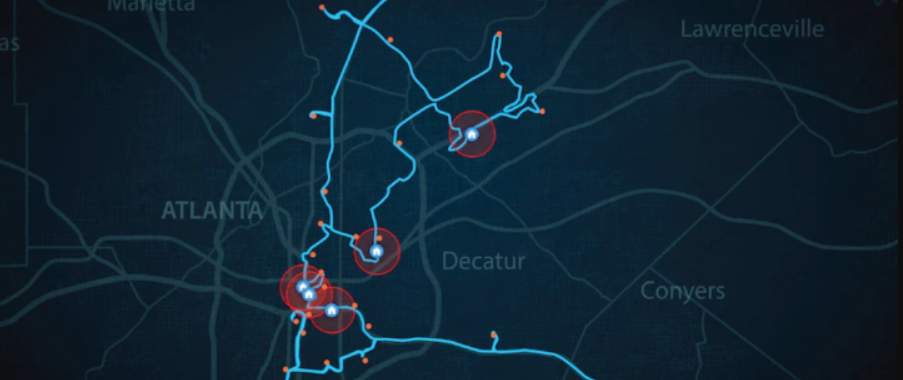
Caption
Aaron Striegel, a professor of computer science and engineering at the University of Notre Dame who has analyzed data from smartphones, told us the geotracking data used by True the Vote are just not accurate enough to reach the kind of definitive conclusions it did.
Credit: FactCheck.org

